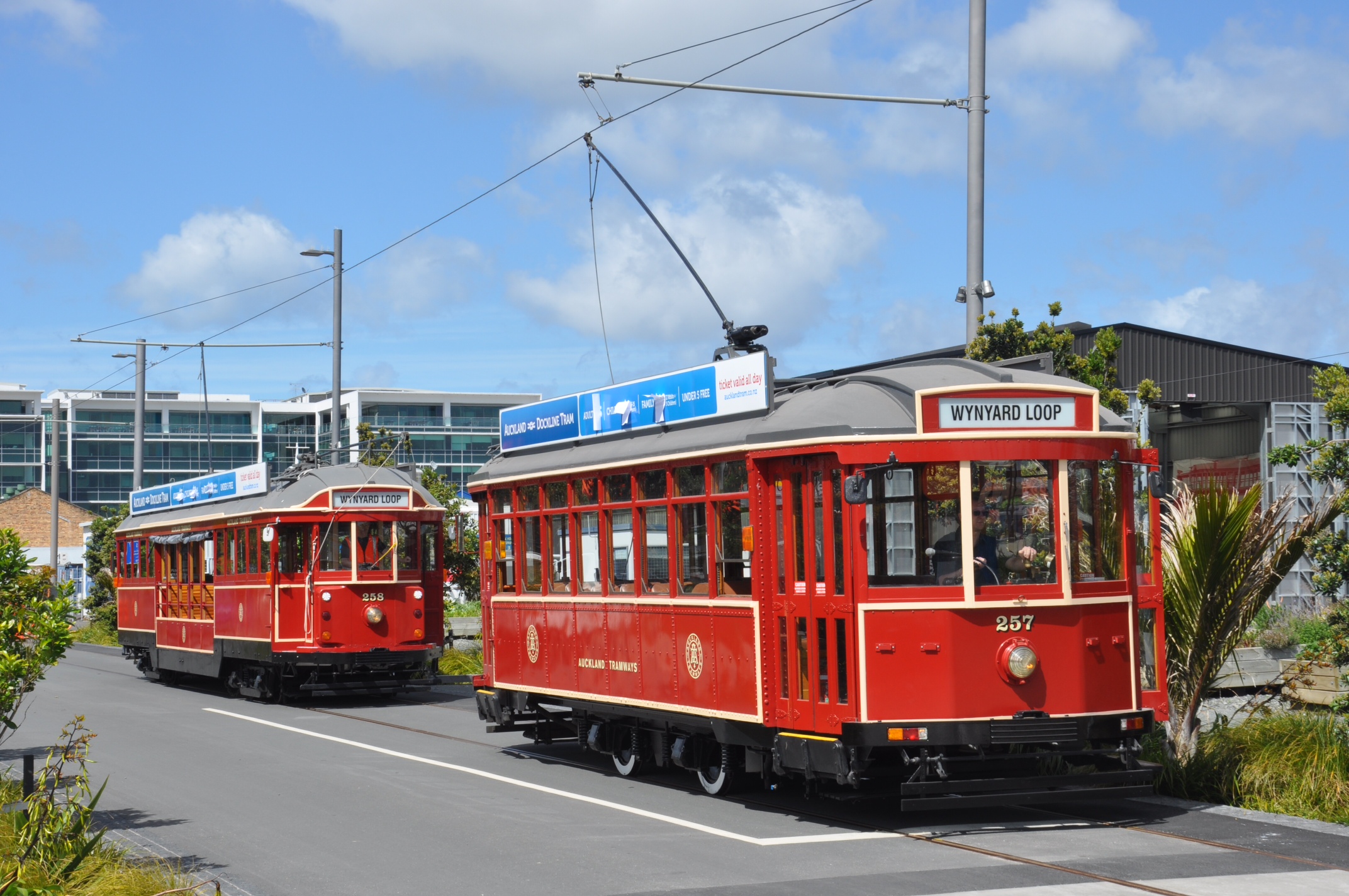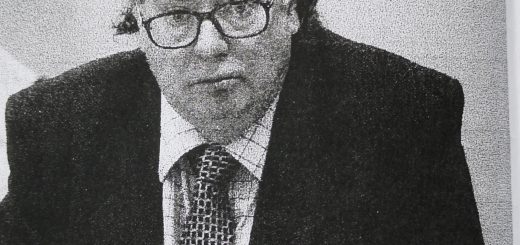Goff’s ‘Toilet Tax’ – Auckland’s ‘winter of discontent’ set to continue
Just one week after the imposition of the council’s regressive fuel tax, more bed taxes and a bunch of new targeted rates, came the disclosure in the NZ Herald that mayor Phil Goff has been planning ways to impose a so-called ‘Toilet Tax’ on the ratepayers of Auckland.
The new tax would be used to repay the $1.2bn capital cost of the long-talked-about ‘Central Interceptor’, the planned sewer pipeline, in a tunnel, running deep beneath the city, 13 km from Western Springs to the Mangere Wastewater Treatment Plant. The new interceptor is needed to take the extra sewage and to reduce overflows resulting from Auckland’s continuing population growth. Subject to funding, construction is planned to start in late 2019.
Heavily redacted Treasury documents obtained by the National Party reveal that Goff has been talking to the government since November last year about ways to borrow the money for the project and yet keep the debt off the council’s books. Central to the plan is a ‘special purpose vehicle’ (SPV), which is jargon for an entity, separate from the council, underwritten by the government, which would be set up to borrow the $1.2bn and empowered to send ratepayers bills to repay the principal and interest.
Why would this SPV be needed, you may ask, with council income (rates and charges) now $4.1bn per year. After all, sewerage provision is a basic local government responsibility, and in Auckland the job of Watercare Services, the water and wastewater agency established by the ARC in 1992. Over the past 26 years Watercare, the ‘quiet achiever’ in the Auckland Council family, has successfully delivered a number of major projects, including Project Manukau, the $500m upgrade of the Mangere Wastewater Treatment Plant, Project Waikato, the $100m, 37 km water pipeline and treatment facility bringing water to the city from the Waikato River, and Project Hobson, the $114m tunnel from Parnell to Orakei which enabled the replacement and demolition of the old Hobson Bay sewer line.
Watercare says it could fund and build the Central Interceptor itself. Furthermore it admits this approach would work out cheaper for ratepayers.
So why? The answer sadly is that the Super City, since its establishment in 2010, has despite hundreds of millions of asset sales, profligately run up an enormous debt – currently at $8.7bn and rising, with interest costs currently at $471m a year. Council finance managers fear that the cost of the Central Interceptor would push the council over its borrowing limits, endangering the council’s credit rating with the international rating agencies, resulting in an increase in interest costs.
The SPV then is essentially a financial instrument, a bankable package if you like. But we are told it will come with ‘governance’ attached – that is people – directors, managers, consultants – in other words the usual suspects.
So the SPV will also mean the establishment of a parallel local authority in Auckland. Except that it will be an undemocratic, unelected authority, and given its proposed legal stand-alone status it is unclear to whom it would be accountable. It is supremely ironic, given the cost and disruption of abolishing the old legacy city councils and the ARC to form a single unitary ‘Super City’, that the mayor and council management are now attempting to persuade the government to establish another, non-democratic, authority to rate Aucklanders.
This is all very disingenuous – up until now carried out in secret. Sadly, as we are learning, Phil Goff is proving to have form when it comes to concealing important information. He apparently hopes to claim he is not increasing rates to repay this loan; Auckland ratepayers apparently being expected to take comfort that the ‘toilet tax’ bills they will be getting is from the ‘SPV’ – not the council. The government would be mad to go near it.
In response to the disclosures, Goff is saying, quite correctly, that no formal decisions have yet been made. However he did tell the Herald, that if the council could move the cost of the Central Interceptor from its books to appear on the SPV books, that would free up $1b to invest in other ‘areas of public need’.
However Mr Goff’s ideas on spending for ‘public need’ are not necessarily shared by the public. Recent examples are the $44m plus scheme to divert sewage contaminated storm water from Westhaven to Point Erin and regularly discharge it in the Harbour. The resource consent for this is currently been contested by the Herne Bay Residents Association, St Marys Bay Association, ‘Stop Auckland Sewage Overflows Coalition’ (SASOC), local residents and myself – among others. These submitters are arguing instead for separation of sewage and storm water as the best way to clean up pollution of the western bays. Another is Mr Goff’s $2bn ‘downtown’ stadium. Another, a giant, 25-50 metre-high, ‘Earth Mother’ statue at Bastion Point which Goff believes could become ‘a symbol of Auckland’. The latest a ‘lightweight O sculpture’ artwork with the heavyweight price tag of $266,000. Auckland really deserves better than this.
This article appears in the Ponsonby News August 2018 issue.




I see from your article in the latest Ponsonby News that Auckland Council is proposing a SPV for the waste water system.
Earlier this year at the Conversations Transport Event in March, I think it was, Mayor Goff spoke about the debt situation of Auckland, that the Council had reached its debt to revenue ratio of 270% and could not borrow any more without a downgrading of S&P rating. He went on to say that they had solved the problem by creating a Special Purpose Vehicle with a Government Department raising $800 million that would not appear on Council’s balance sheet but on the balance sheet of the Government department.
I was intrigued by this being aware of the Enron scandal and the role of SPVs in the failure of that company. I wrote to Mayor Goff and asked him for more details. At least a month later I received a communication from the City Treasurer John Bishop. When I spoke to John he explained to me that Auckland could not have a SPV unless there was some why for it to have an income and anyway the law needed to be changed to allow it. I told him to listen to the Youtube video of the Mayor’s speech and see for himself. I had listened to it with someone else 4 times and he clearly refers to a SPV.
After making enquiries he came back and said that it was to do with housing… but failed to resolve my question really. What was Goff talking about?
Now your article suggests that this is a second proposal for a SPV. I have to ask exactly what is the current indebtedness of Auckland? It just feels wrong that Auckland Council is deliberately going out of its way to disguise its indebtedness in this manner and failing to tell the truth to its current lenders?
Furthermore it suggests that the Enron mentality is taking hold in Auckland Council. As a small business person I am a little aware of how to run a business and I am very very concerned about what looks to me like a totally unsustainable and very expensive business model that the current Council/CCOs are.
Not to mention what looks like a corrupt system of “preferred contractors” gaming ratepayers on the delivery of poor quality and costing a fortune for the privilege. Not to mention the “revolving door appointments” which are signing off the contracts for their former employers and failing to ensure quality control and accountability. Something is very very wrong at present in Council and it just seems to keep getting worse?
How many SPVs does Auckland have or propose to have? And how much is its indebtedness both on and off balance-sheet?
Thanks Sir,
Given the mayor’s form on concealing important information from the elected members – and he public, it is not unlikely that your impression is correct and that the council has also been pursuing this type of mechanism for other capital projects. All I can go on, is what has been officially admitted. The clear conclusion from all of this is that if the Super City was a private corporation it would be close to insolvency.